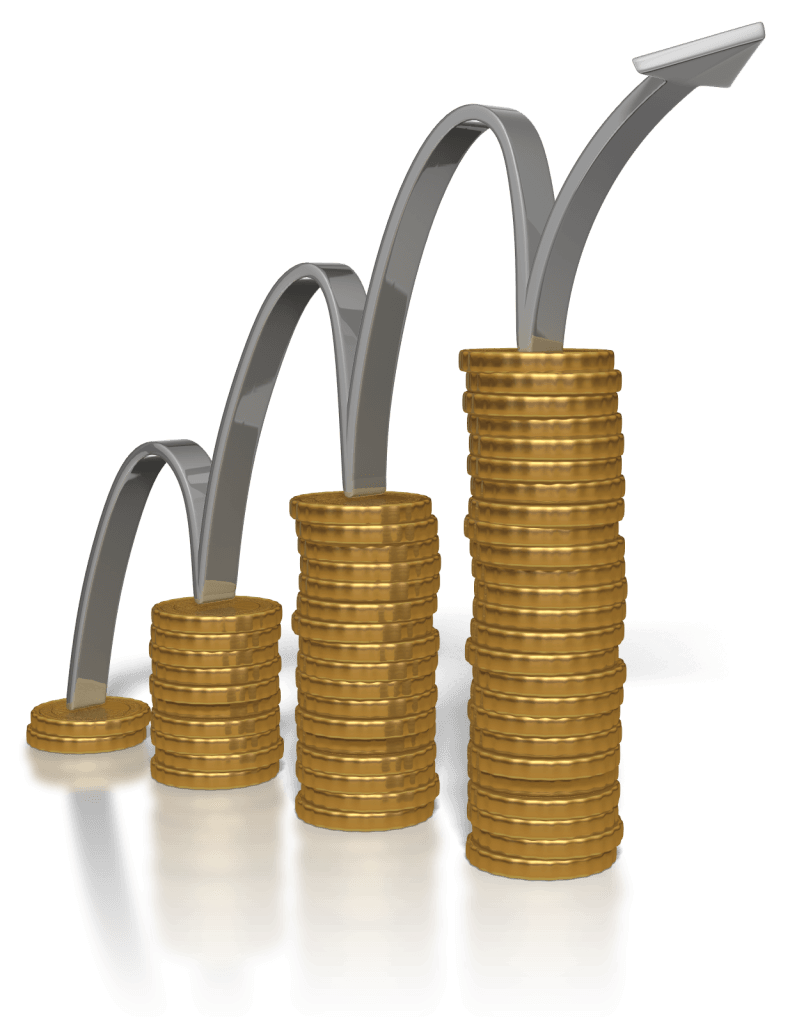Essentials of Cash Flow Management for Small Businesses
It’s thrilling and terrifying at the same time. On one hand, you’re self-employed, doing exactly what you want to do without having to answer to a boss. You don't have to show up in an office on time every day, or deal with annoying co-workers. You make the rules and live life as you like. But without control of the cash flow your business will struggle.
As a business you’re without the “safety net” of a fixed income. Without a regular paycheck coming in, cash flow is critical. It is easy to find yourself struggling just to pay the bills each month – no matter how much you earn.
Expenses First
Expenses add up quickly and are then forgotten once paid. This results in surprise auto-renewal charges. Or it can overdraft an account before an important expenditure.
It is a best practice is to maintain an updated cash flow worksheet. This will keep you on track and aware of how your business is running. A cash flow worksheet is just an ongoing list of expenses and incomes to help you manage your cash.
Cash flow worksheets should:
- Keep a running account of all reoccurring or known expenses. That will show you your ongoing expenses exactly and when they are due.
- On that same spreadsheet include any sales that come in each day. If you allow customers to make payments on a program, list only the payments received. Schedule the other payments expected on dates to show an actual accounting of your cash flow.
- Most accountants can give you a running cash flow, but make sure it is updated daily.
- Use the monthly expenses as a goal to target your sales calls. Knowing that you need to make “x” to cover expenses is highly motivating! Your sales goals must include a margin for slow months or big projects. That way you have paid in advance for upcoming big expenses.
Benefits of a cash flow worksheet
One of the benefits is in the planning it allows you to complete. By knowing your revenue cycles, you can plan for shortfalls. For example:
- if you know that revenue often drops off in December, then offer a special to increase sales.
- if you want to attend a big conference, then plan for the expenses in your monthly sales goals leading p to it. I like to promise myself that I will only go once I cover the expenses in extra sales.
- if the business will be slow for January and February, then increase your marketing to a few months ahead of time.
By planning out how and when to spend your extra cash, you can even out the up and down revenue cycles of your business.
Some Expenses to plan for
Taxes are the first big expense that you need to plan for. As an employee, your boss conveniently paid your taxes on your behalf. This left you with a “net pay” in your check each week. As an entrepreneur, you don’t have that benefit. Suddenly your “paycheck” looks a lot larger than it really is. With no taxes being withheld, it’s easy to simply spend what you’ve earned. But the tax man will remember that bill, and you could be in trouble come tax time.
Your accountant will determine what percentage of your gross income to set aside for taxes. So make sure that you build that into your expenses.
Other expenses can include:
- Taxes (yes, we mentioned them earlier, but it’s that important)
- Hosting accounts
- Domain renewals
- Mailing list managers (Mailchimp, Infusionsoft, Aweber, or others)
- Memberships in business education forums and mastermind groups
- Contractors (writers, web designers, and others you outsource work too)
- Your accountant, coach, and lawyers if they charge ongoing.
- Training requirements or certifications if they have are paid annually.
- Any receipt that has a recurring charge – monthly, quarterly or annually.
- Own Salary – don’t forget to pay yourself!
- Business only utilities. Things like your cell phone, Internet connection, etc. These should always be paid from your business account, and that makes tracking easy.
Notice we mentioned your “business account.” Good business cash flow requires that you keep household money separate from business money.
Cash flow is one of those things that business owners don’t like to think about because it is hard to start. But to have a healthy, sustainable business, it’s vital for you to manage it well. Create a worksheet. Be diligent about setting aside money for expenses and saving some funds for when you have a slow month. Then you’ll never have to worry about how your business will manage to pay the bills or grow!!

